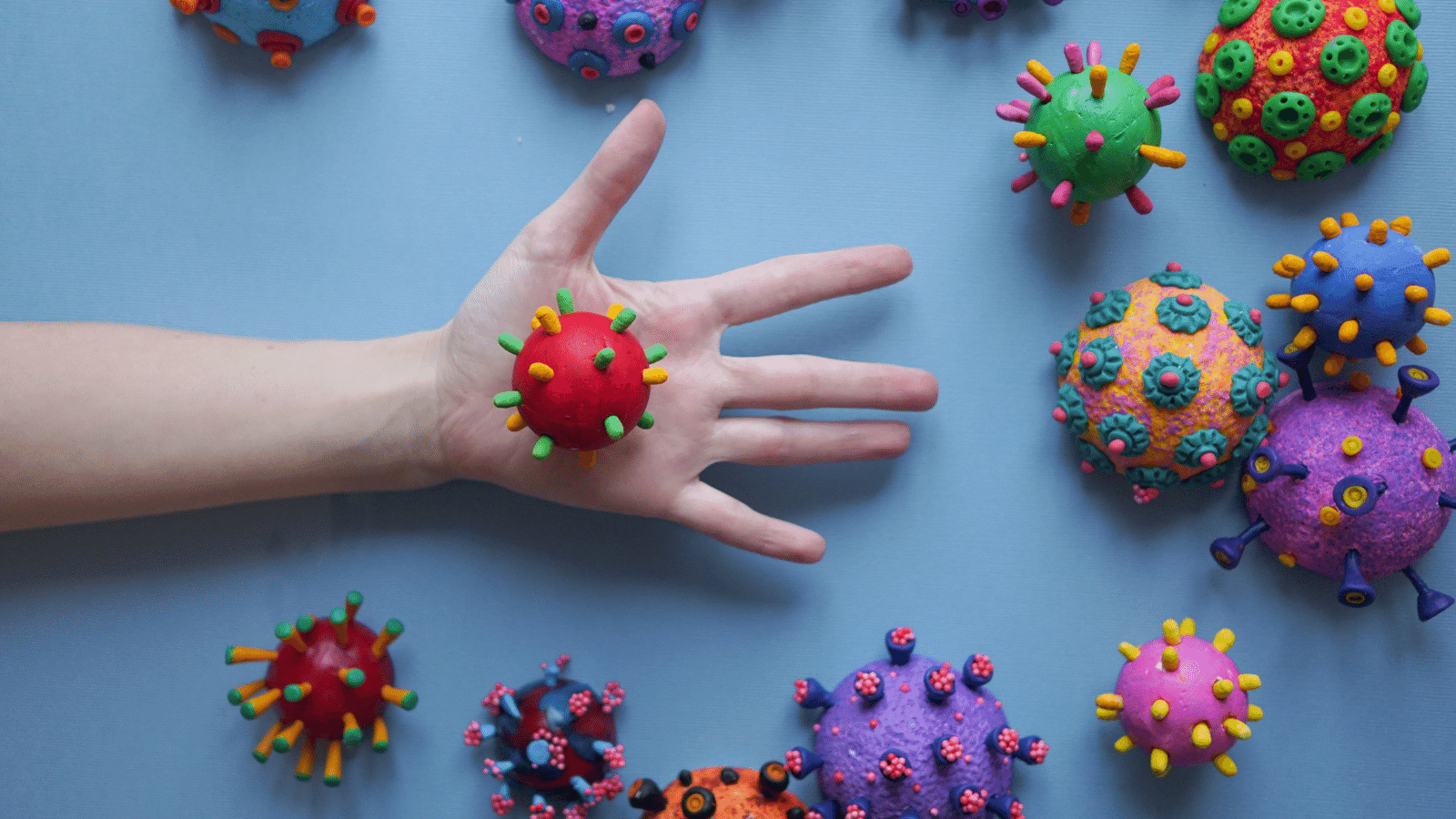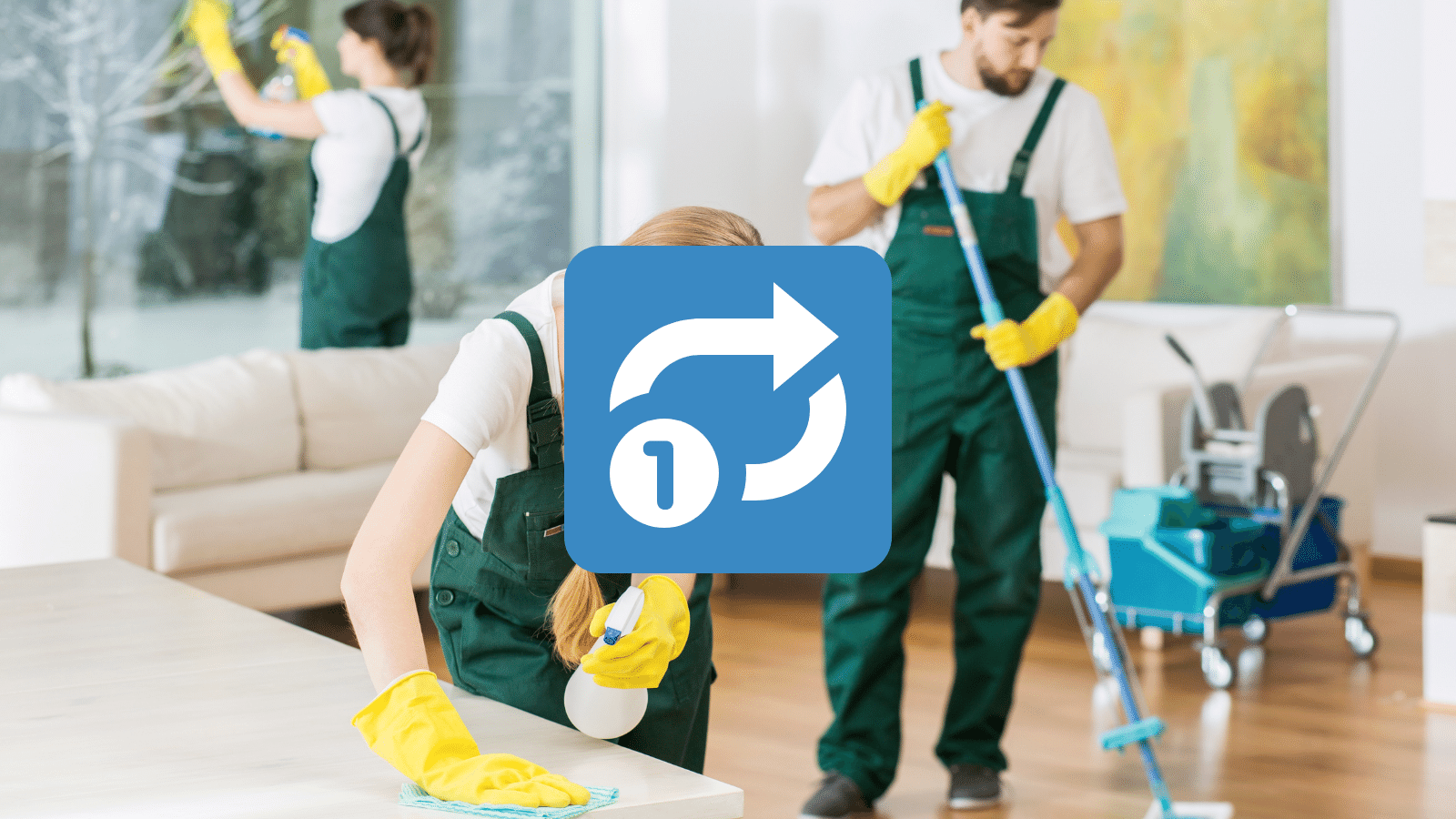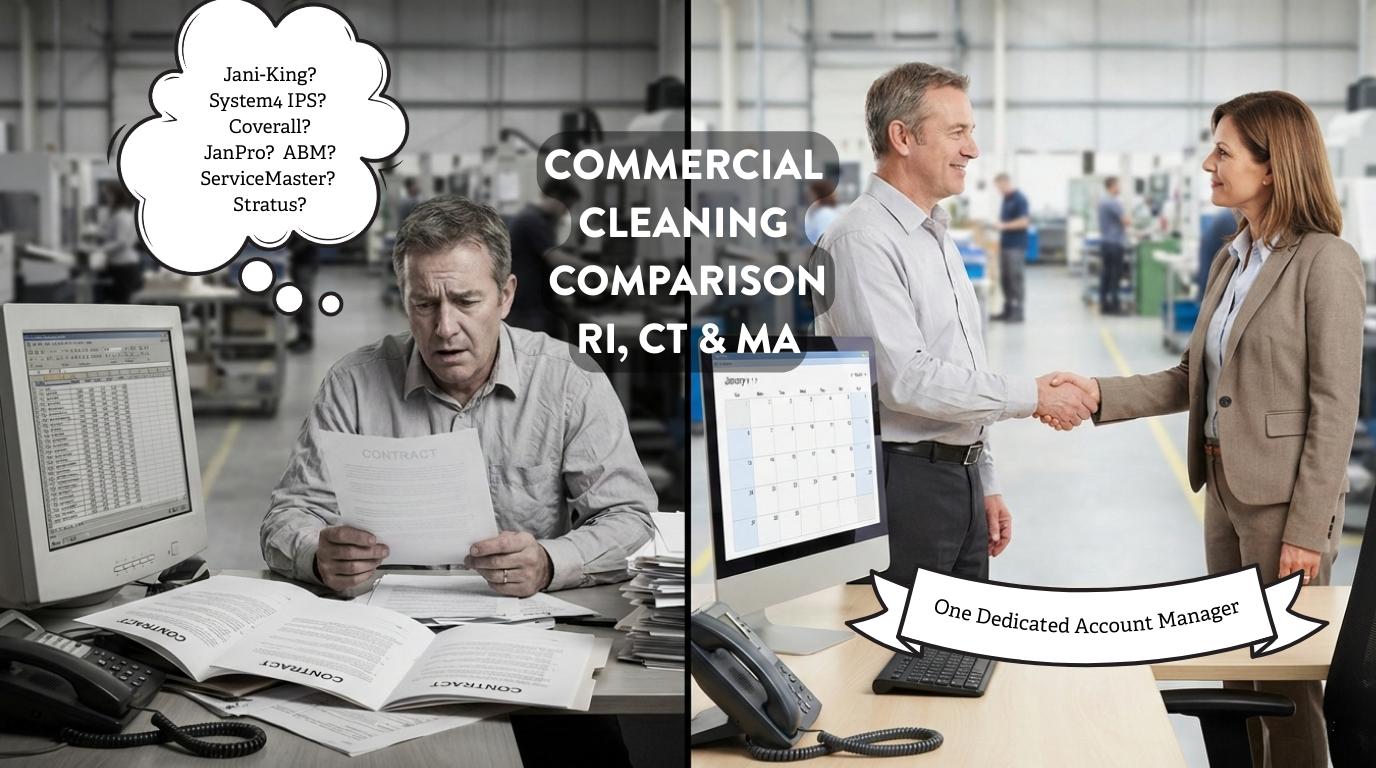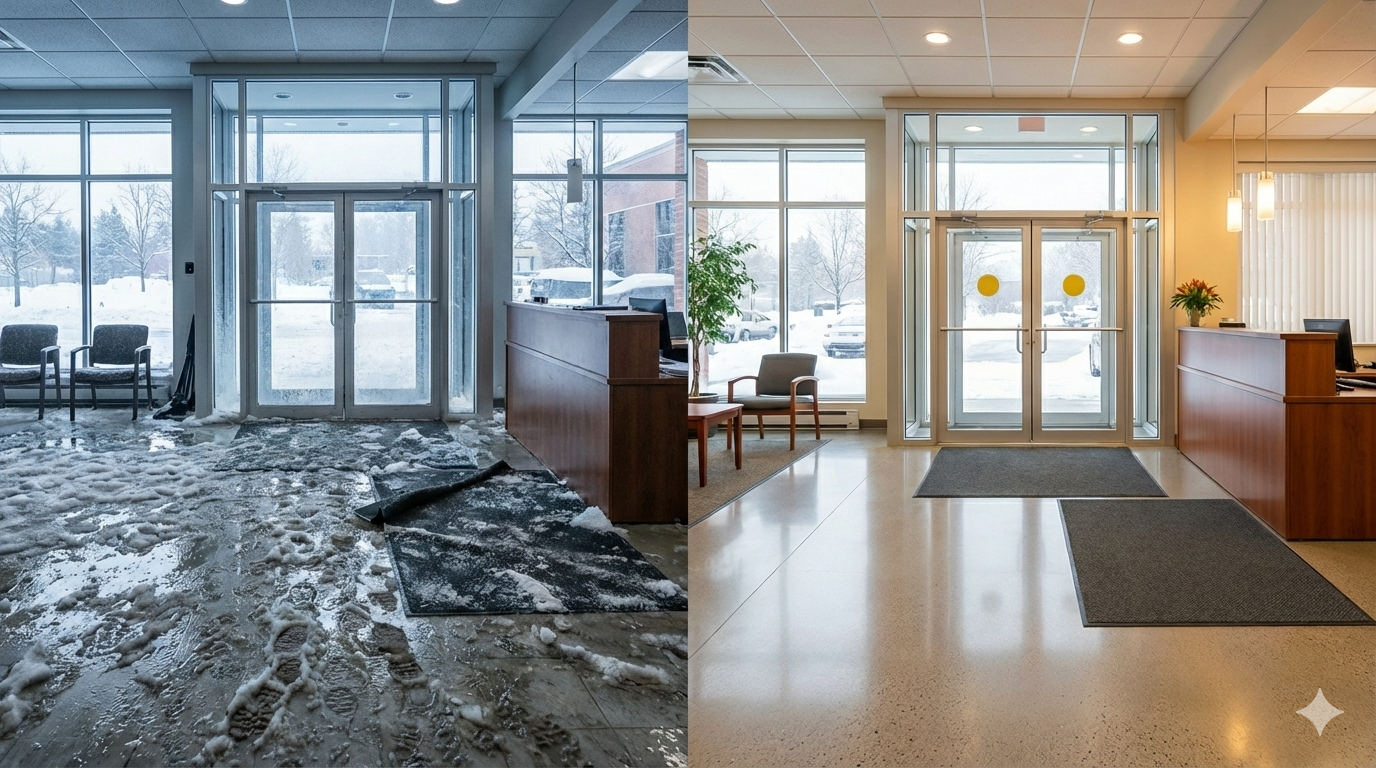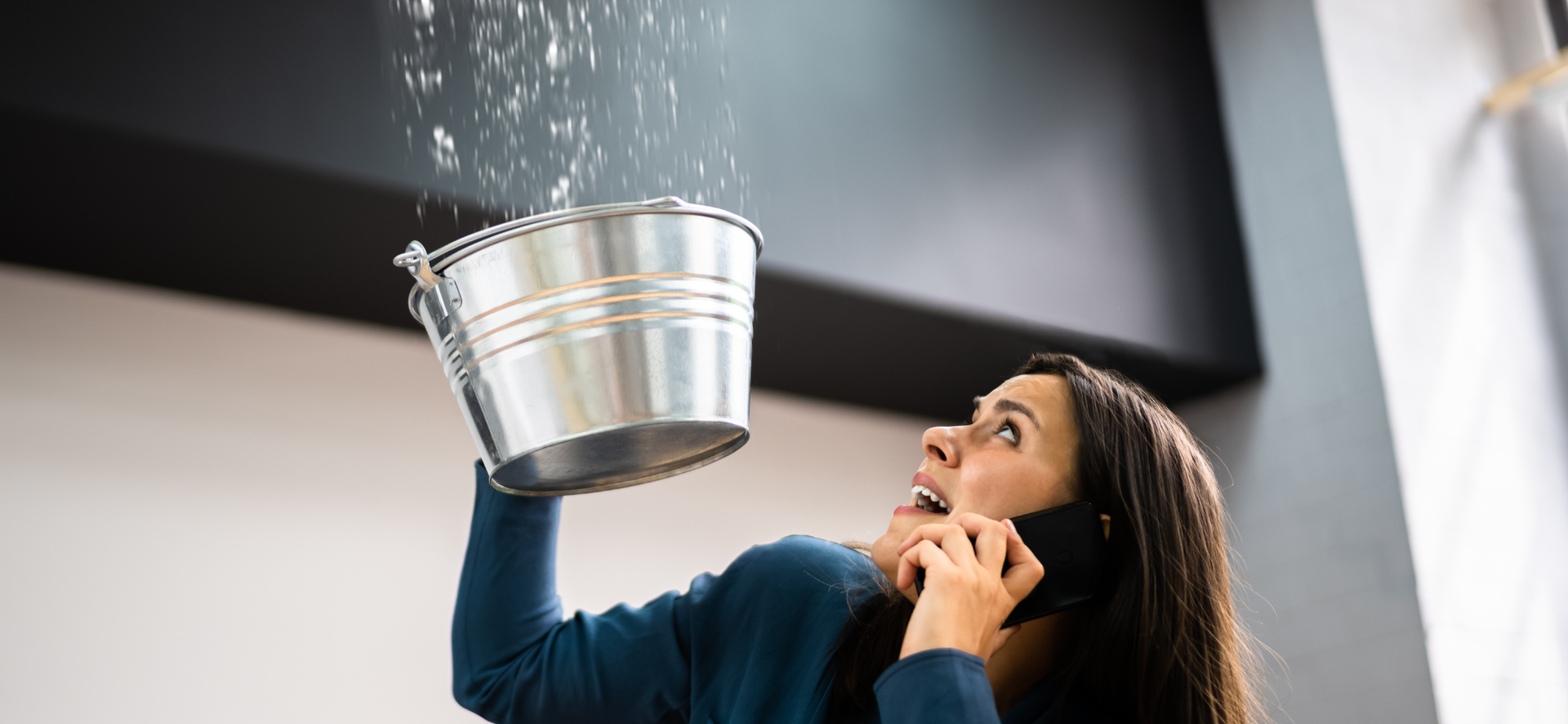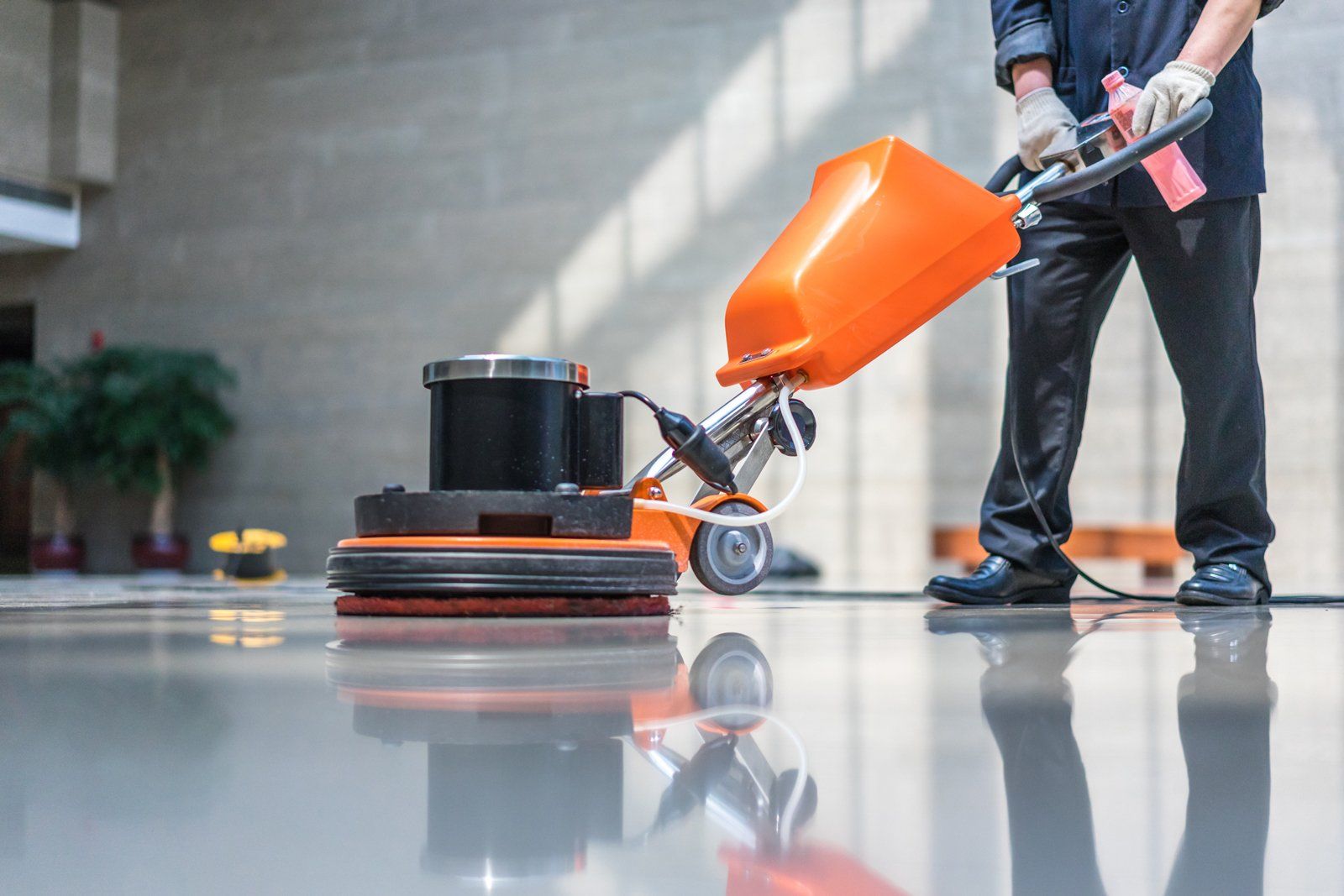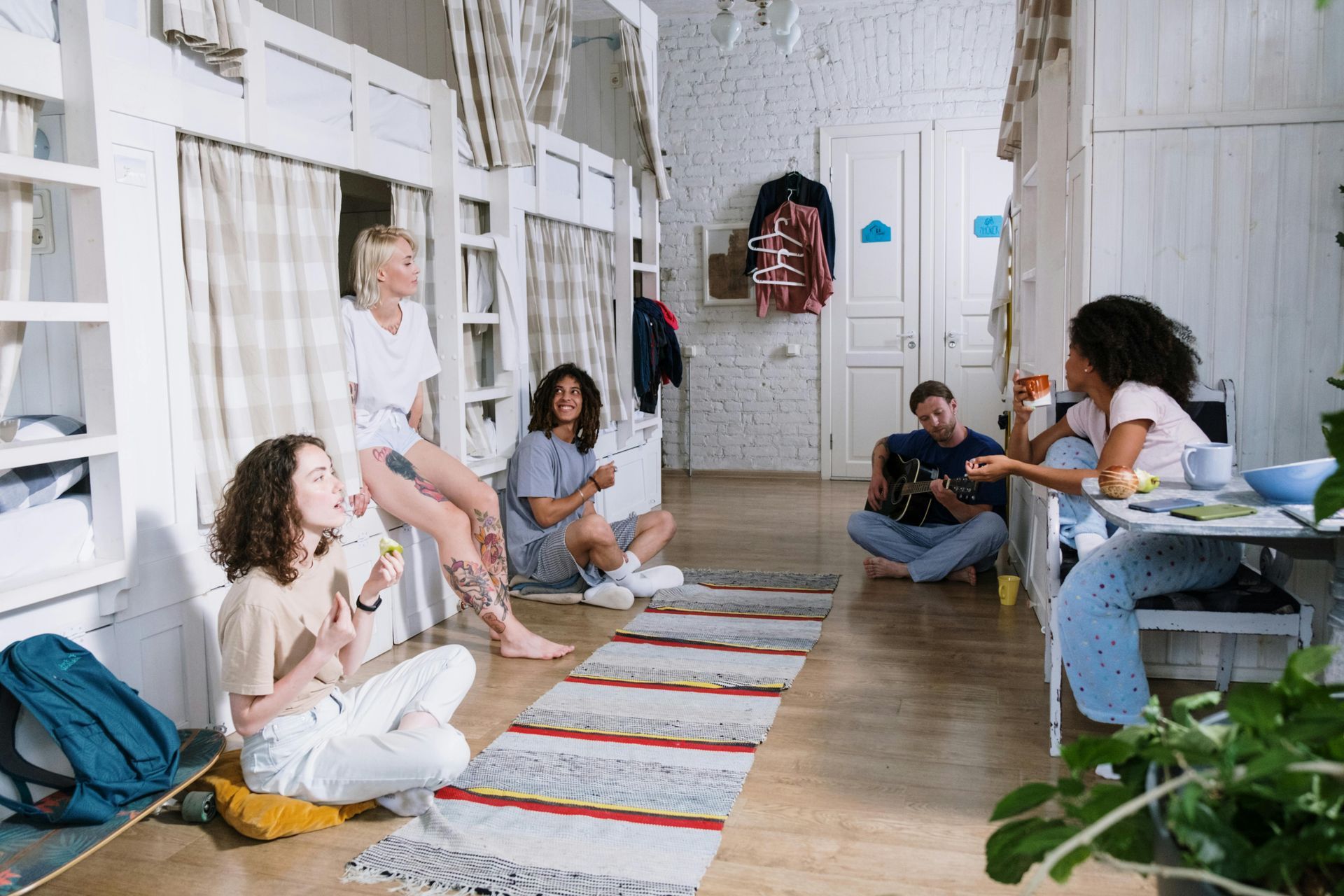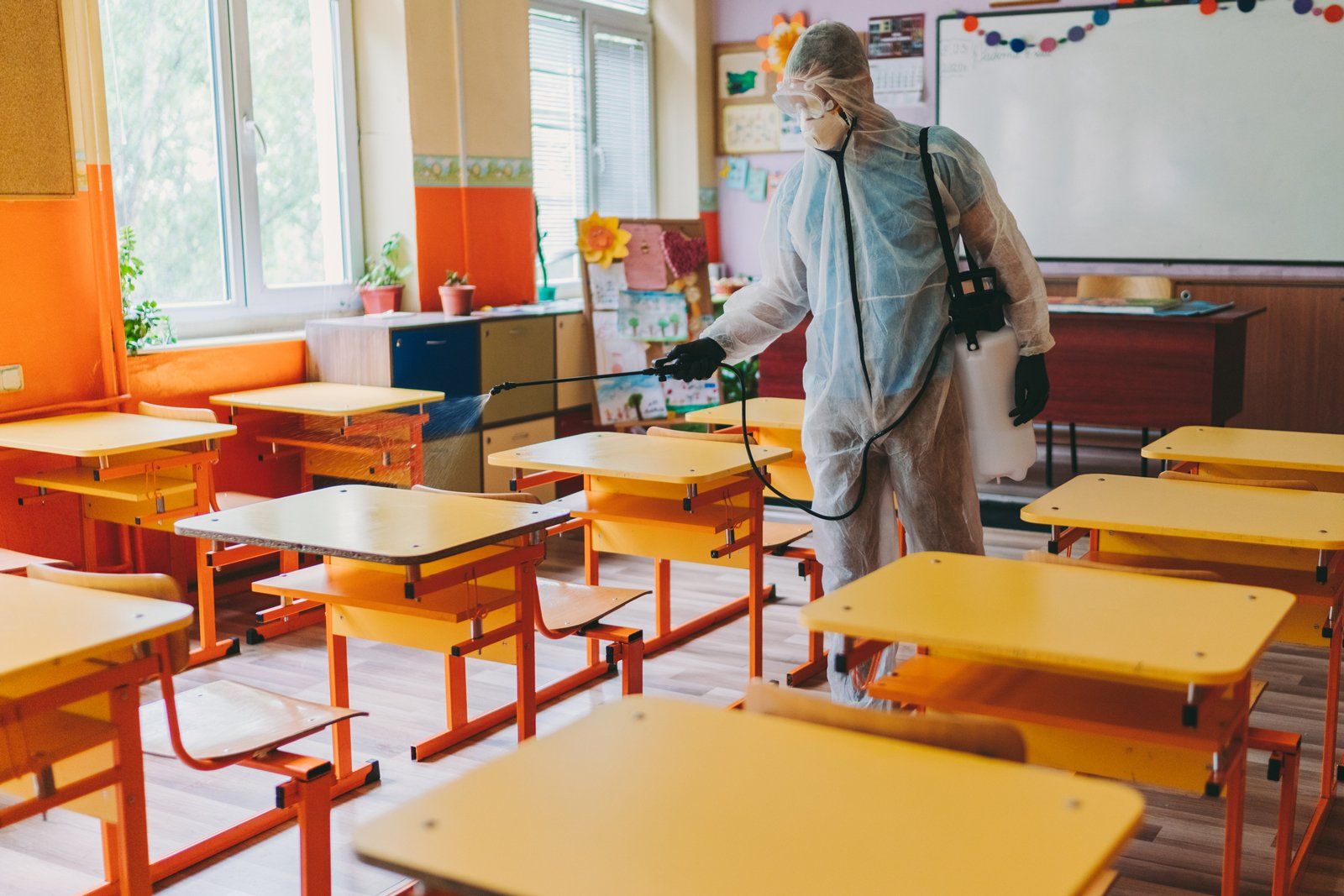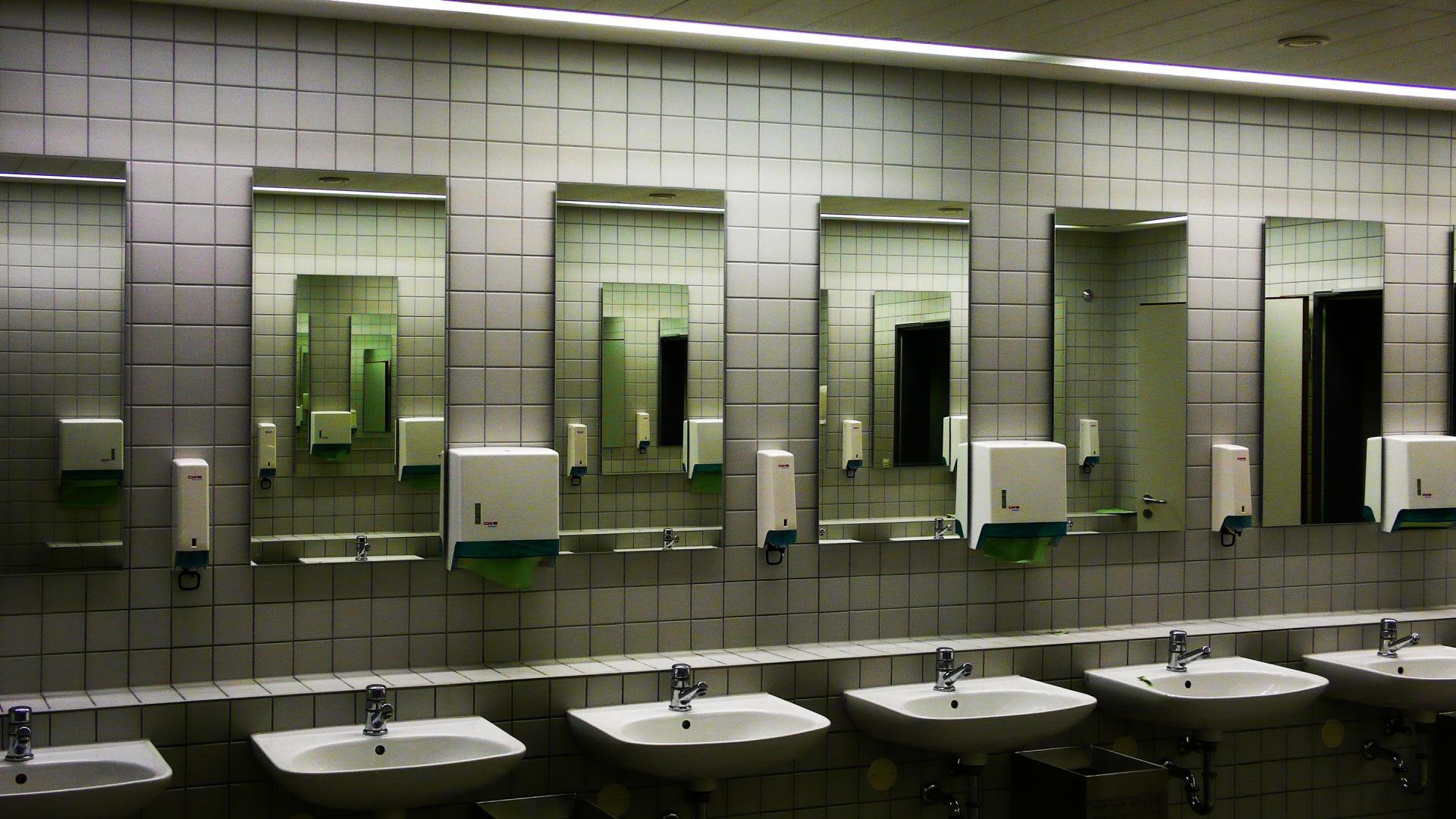A microbe (microorganism) is anything that is small, microscopic, and alive. About 60% of the organic matter on our planet consists of microbes. That's 2-3 billion different species. They live inside you, in the air you breathe, and deep in the ocean and mountain caves. These microorganisms include bacteria, viruses, and fungi, among others.
Wine, yogurt, cheese, and pharmaceuticals such as antibiotics contain them. The human digestive system is full of them. Water treatment plants utilize them to break down toxic waste.
Influenza, food poisoning, and COVID-19 are pathogenic microbes.
As well as preventing the growth of fungi, mold, and bacteria, which are harmful to health and safety, AMCs minimize foul odors, stains, and degradation of the material on surfaces where they are applied. Surfaces that have been treated make it impossible for microorganisms to flourish.
Chuck Gerba, professor of environmental microbiology at University of Arizona, believes antimicrobial coatings will be the future of hygiene. One of Gerba’s studies highlighted a virus tracer that was seeded on a doorknob within an office of 100 employees. Within 4 hours, half the office space and half the employees were “infected” with the tracer. Applied to the "ground zero" doorknob, an AMC would have denatured the virus and rendered it incapable of infecting the rest of the office or staff.
AMCs have been shown to inhibit the growth of bacteria and mold for approximately 90 days. The coatings remain intact on the surface, providing protection between cleanings.
Infused with microbe resistant quaternary ammonium salts, copper, or silver, antimicrobial coatings are chemical agents. They are continuously working and are removed by harsh abrasion or wear and tear. You can find them in paints, solvents, and powders. Medical devices manufacturers have incorporated these coatings into catheters, surgical devices, medical electronics, instruments, etc. to minimize the risk of infection. In the food sector, AMCs have been added to food processing units, utensils, and containers. Athletic wear, surgical masks, wound dressings, and more contain AMCs.


